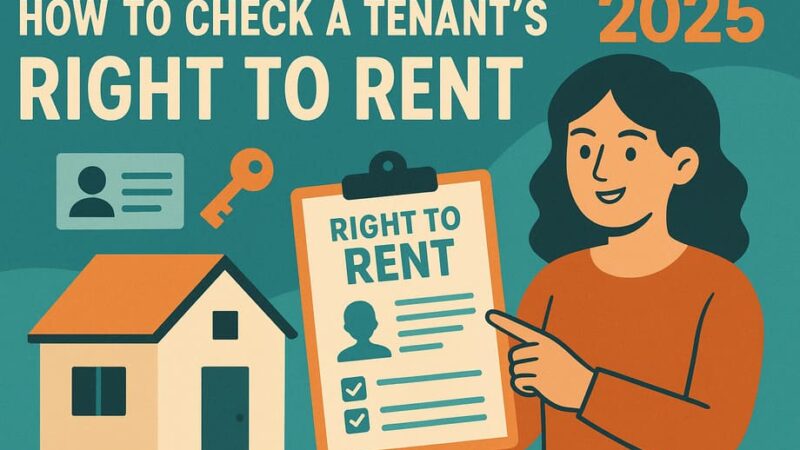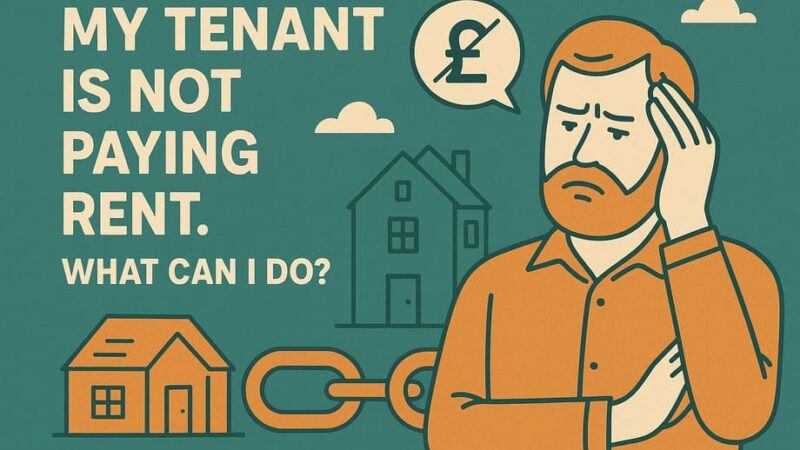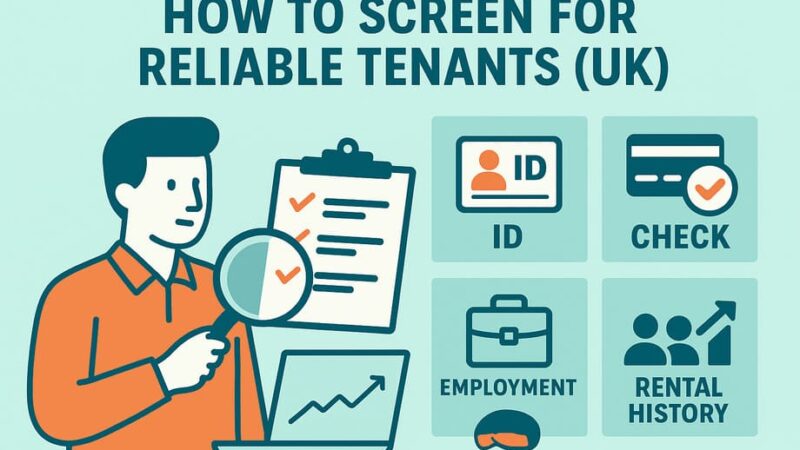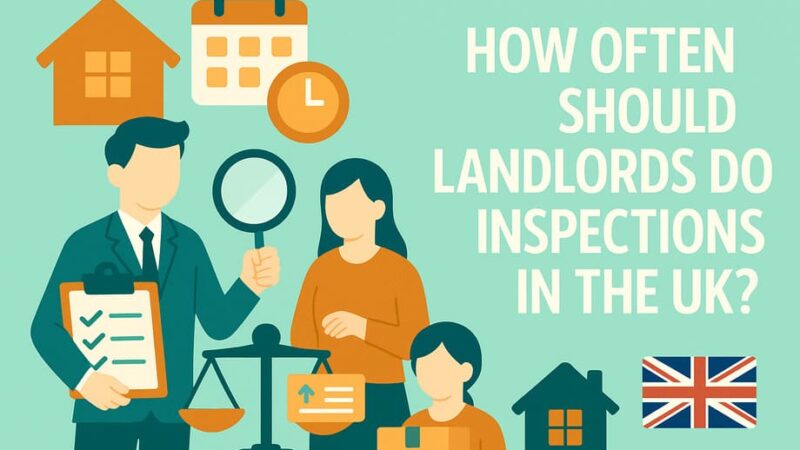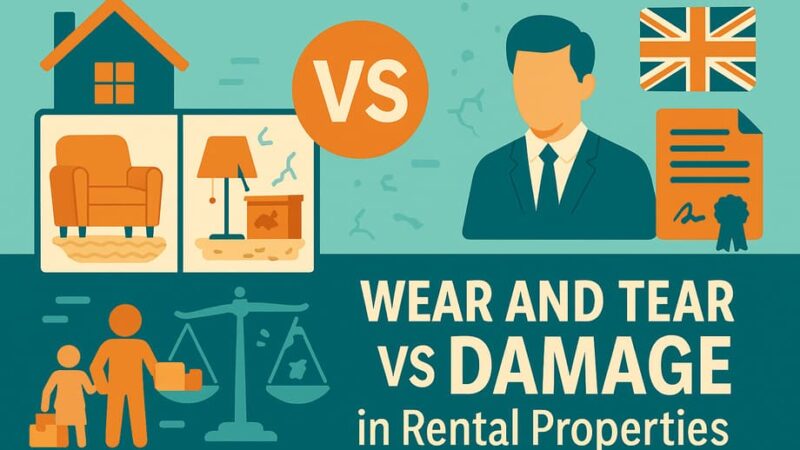What is an Accidental Landlord? A Beginner’s Guide to Unexpected Property Renting
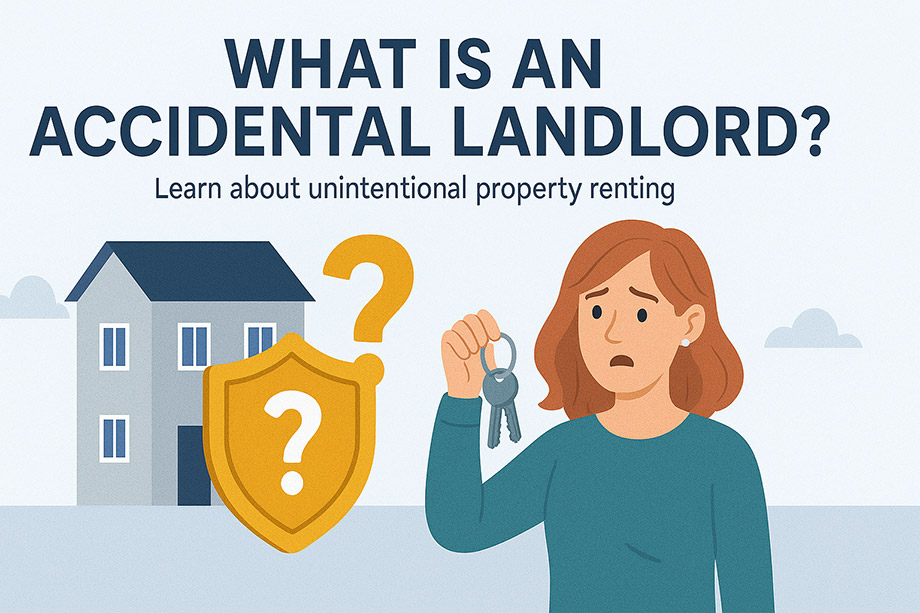
Becoming a landlord is a big responsibility. But what if you didn’t plan on it? Many people in the UK find themselves as accidental landlords. Maybe you inherited a property, relocated for work but kept your home, or had to move out unexpectedly. Whatever the reason, being an accidental landlord means managing a rental property without initially intending to do so.
If you are new to this, it can feel overwhelming. This guide will explain what being an accidental landlord means, your responsibilities, and practical tips to manage your property successfully. Whether you are considering renting out your home temporarily or looking for a long-term solution, this beginner-friendly guide will help you navigate the world of unexpected property renting.
Table of Contents
What Exactly is an Accidental Landlord?
An accidental landlord is someone who becomes a landlord unintentionally or unexpectedly. This situation typically arises when:
- You move out of your home but keep ownership, deciding to rent it out rather than sell.
- You inherit a property from a relative and choose to rent it out.
- You need to rent out your property temporarily due to life changes, such as job relocation or financial reasons.
- You purchase a property as an investment but didn’t plan to manage tenants personally.
In all these cases, the individual owns a rental property and is responsible for letting it, even though they may not have planned to become a landlord initially.
Why Becoming an Accidental Landlord Happens More Often Than You Think
The UK property market is dynamic, and life circumstances often lead people into landlord roles unexpectedly. The increase in remote working, job relocations, and inheritance of property means more homeowners find themselves managing tenants. Additionally, rising house prices make selling less attractive, encouraging owners to rent out homes to cover mortgage costs.
Understanding your role and responsibilities as an accidental landlord can save you time, money, and stress down the road.
7 Essential Tips for Accidental Landlords in the UK
If you have found yourself managing a rental property without prior experience, here are seven practical tips to help you get started on the right foot.
1. Understand Your Legal Obligations
Landlords in the UK must comply with several laws designed to protect tenants and ensure property safety. Key legal responsibilities include:
- Providing a safe, habitable property.
- Conducting gas safety checks annually.
- Installing smoke alarms and carbon monoxide detectors.
- Protecting tenants’ deposits in a government-backed tenancy deposit scheme.
- Issuing a written tenancy agreement.
- Complying with eviction procedures if necessary.
Make sure you understand these rules and keep up to date with any changes.
2. Consider Hiring a Letting Agent
Managing tenants and property maintenance can be time-consuming, especially if this is your first time as a landlord. A letting agent can handle tenant vetting, rent collection, repairs, and legal paperwork, allowing you to benefit from expert support and peace of mind.
3. Prepare Your Property Properly
Ensure your property is clean, safe, and well-maintained before letting it out. Fix any issues such as leaks, faulty wiring, or broken appliances. A well-presented home attracts better tenants and reduces vacancy periods.
4. Know the Tax Implications
Rental income is taxable in the UK, so keep accurate records of your earnings and expenses. You can claim allowable expenses like mortgage interest, repairs, letting agent fees, and insurance. Consider consulting a tax advisor to optimise your tax position.
5. Set the Right Rent
Research local market rents to set a competitive and fair price. Overpricing may leave your property empty, while underpricing can reduce your income. Websites like Rightmove and Zoopla provide good market insight.
6. Screen Tenants Carefully
A thorough tenant reference check helps reduce the risk of missed rent payments or property damage. Check employment status, credit history, and previous landlord references. A reliable tenant will make your experience much smoother.
7. Get Landlord Insurance
Standard home insurance does not usually cover rental properties. Landlord insurance covers risks such as property damage, loss of rent, and liability claims. This protection is particularly important for accidental landlords who may not have expected to take on this responsibility.
Pros and Cons of Being an Accidental Landlord
Like any significant decision, managing a rental property has advantages and challenges. Here’s a balanced look at the pros and cons:
| Pros | Cons |
|---|---|
| Generates additional income | Can be time-consuming and stressful |
| Property investment may appreciate | Legal and financial responsibilities |
| Flexibility to sell property later | Potential for difficult tenants |
| Tax relief on allowable expenses | Costs for maintenance and repairs |
| Opportunity to learn new skills | Risk of void periods without tenants |
Understanding these helps you decide if continuing as a landlord is right for your situation.
Final Thoughts
Being an accidental landlord might not have been part of your original plan, but with the right knowledge and approach, it can become a rewarding experience. By understanding your legal duties, preparing your property, and managing tenants carefully, you can protect your investment and create a positive rental experience for everyone involved.
Last Updated on July 21, 2025 by James Cartwright


